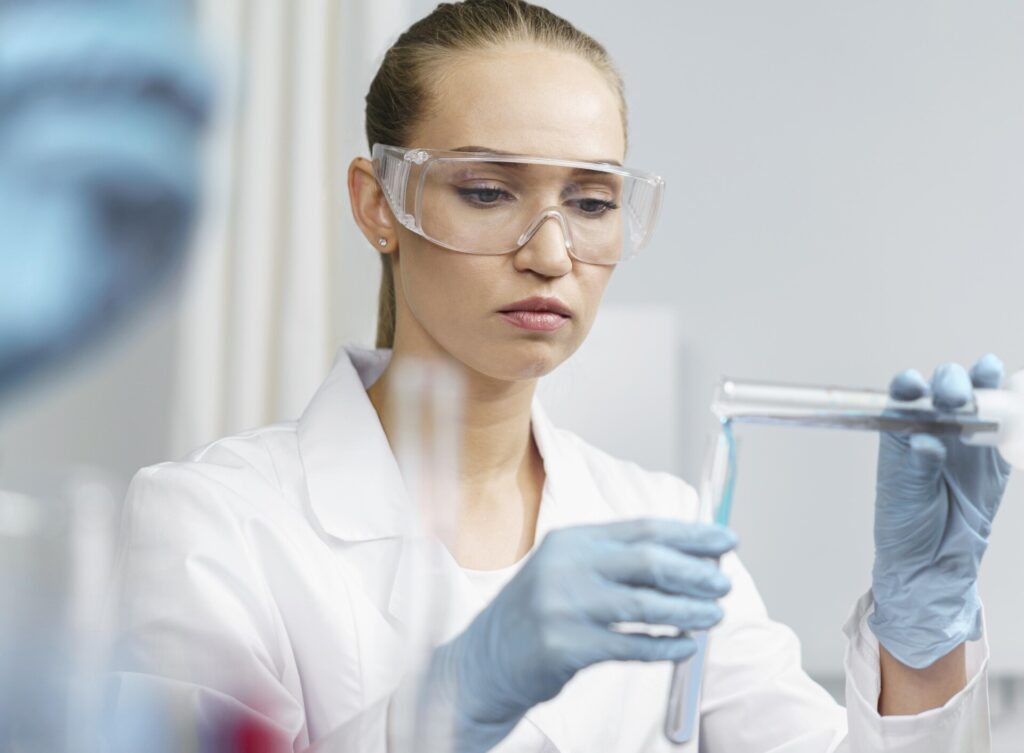Pioneering the Future of Ireland’s Biopharma Industry
The biopharmaceutical sector is an integral part of Ireland’s economy, contributing significantly to jobs, exports, and international investment. With approximately 84,000 professionals directly and indirectly employed in the industry, the sector has firmly established itself as a national powerhouse. Current projections suggest this workforce may expand by an additional 10,000 jobs over the next five years, showcasing a promising trajectory for economic and professional growth.
Ireland’s biopharma and chemical industries achieved an exceptional milestone in 2020, generating €106 billion in exports – the first time any sector in the country crossed the €100 billion threshold in a single year. Housing over 85 pharmaceutical companies, including 19 of the world’s top 20 biopharma players, Ireland boasts a stellar reputation for regulatory compliance. With more than 50 FDA-approved facilities, the nation continues to attract significant global investment, amassing €15 billion in new biopharma plant developments since 2010.
Growth Amid Global Competition Despite Ireland’s established dominance, the rise of fierce international competition is pushing the industry to remain vigilant and innovative.
The global biopharma market, valued at $328 billion in 2021, is projected to reach $853 billion by 2030, according to Acumen Research and Consulting. The increased competition stems partly from post-pandemic strategies emphasizing manufacturing independence, such as U.S. President Joe Biden’s executive order supporting domestic biomanufacturing. Ireland still holds a competitive edge, but sustaining it will demand a strong focus on refining its manufacturing capabilities and addressing overarching challenges like capacity constraints and cost pressures. Maintaining this edge is pivotal to staying ahead in the race for global investments. Diversification of Therapeutic Innovations The biopharma landscape is becoming increasingly diverse, with innovative advancements reshaping therapeutic pipelines. While monoclonal antibodies (mAbs) are expected to dominate for the foreseeable future, a wealth of new modalities is emerging. These include antibody-drug conjugates, bispecific antibodies, gene therapies, RNA-based medicines, CRISPR gene editing, cell therapies, and exosome-based treatments. With this added complexity, the relationship between manufacturing and research has become more critical than ever. Producing these advanced therapies often involves intricate and costly processes that demand scalability solutions.
For Ireland, this presents an extraordinary opportunity to lead the charge in developing standardized global platforms for manufacturing advanced therapies. Future investment in this space will likely be driven by the strength of R&D operations connected to production facilities. Agile Manufacturing for a Dynamic Market The evolving variety of therapeutic products is spurring a transformation in manufacturing operations. New facility designs prioritize adaptability, enabling the production of multiple treatments within the same space.
Digital technologies are also beginning to revolutionize manufacturing processes, promising greater efficiency and competitiveness. However, hurdles like achieving consistent, high-quality data management across the pipeline must be addressed to fully harness the potential of digitalization. Key developments shaping the industry include enhanced modular and flexible facilities, expanded use of single-use systems, improved purification and production yields, and innovative approaches like continuous processing. Additionally, industry 4.0 technologies focusing on automation, data analytics, and paperless operations are revolutionizing how facilities achieve efficiency and resilience.
Prioritizing Sustainability in Biopharma The environmental footprint of biopharma operations has become a pressing concern. Estimates indicate that healthcare is responsible for 4% to 5% of global emissions, with the majority stemming from supply chains. Biopharma’s extensive use of energy, water, and plastics underscores the need for sustainability initiatives. Irish biopharma facilities are already stepping up. From carbon reduction commitments and waste minimization strategies to energy-efficient operations and sustainable sourcing, progress is being made. Despite these efforts, increasing regulatory, consumer, and corporate demands are expected to drive further advances in sustainability across the sector. Addressing the Talent Challenge A skilled workforce is the backbone of Ireland’s biopharma success, yet competition for talent is fierce. A 2021 survey by the Financial Times and Cytiva revealed access to talent as the weakest link in the global biopharma industry’s resilience. With the demand for multidisciplinary expertise on the rise, companies must focus on creating vibrant and inclusive workplaces to attract and retain top talent. Flexible work policies, commitments to diversity, and strong ESG practices are increasingly important in building an attractive employment environment. While talent-driven challenges persist, Ireland’s robust base in the biopharma sector provides ample opportunity for innovation and long-term growth.
A Bright Horizon Ireland’s biopharma industry stands at a critical juncture. The challenges ahead—intensifying competition, shifting therapeutic landscapes, and sustainability pressures—are real, but so are the opportunities for expansion and innovation. By building on its strengths and committing to continuous improvement, the sector is primed to achieve even greater heights, driving progress and prosperity for years to come.
